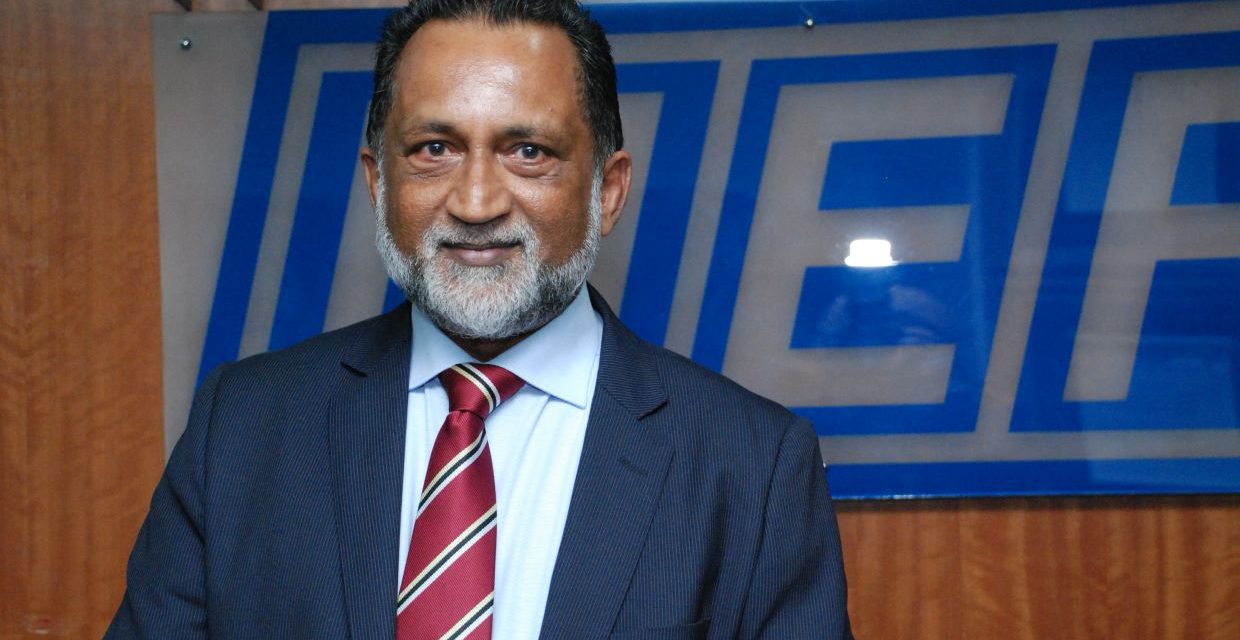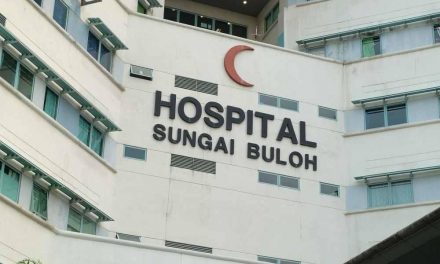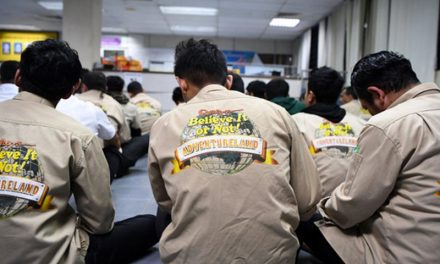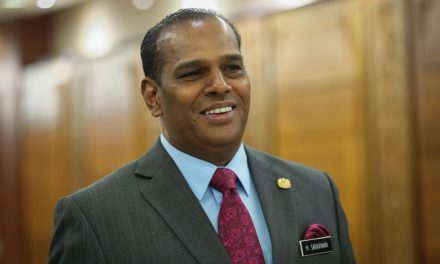PETALING JAYA | To restore the private sector to its role as the main driver of the economy, the business community has called on the new government under Datuk Seri Ismail Sabri Yaakob to allow the reopening of more economic activities.
Malaysian Employers Federation president Datuk Dr. Syed Hussain Syed Husman said reopening all economic sectors would kick-start economic recovery and enable employers to create more jobs.
It would also increase the confidence of businesses and consumers to boost the local economy, he said.
“To ensure the sustainability of employers, especially small and medium enterprises (SMEs) and micro-businesses, the government should allow them to resume business.
“Opening up all the economic sectors will also enable employees to be re-employed and enhance their income which in turn will increase their purchasing power,” he said.
In his maiden speech as Prime Minister, Ismail Sabri had said that to reduce the long-term negative impact of Covid-19 on the economy, the government would focus its efforts on achieving two main objectives – raise the purchasing power of citizens and returning the private sector to its role as the country’s main driver of economic growth.
To start the national economic recovery, Syed Hussain said the government should focus on assisting SMEs which made up over 98% of all businesses in Malaysia, and micro-enterprises, which numbered more than 650,000.
“The government should provide additional wage subsidy and zero-interest loan moratorium so that employers could continue with their operations and retain their employees.
“Opening up businesses is the right approach but they also need more financial support from the government, such as cheaper loans as working capital and build back,” he said, adding that this included incentives such as lower taxes or cash grants like the RM10,000 the Sarawak government was giving to all businesses registered in the state.
“More aid for businesses is also required, such as rental subsidies and utility subsidies,” he said.
Syed Hussain said there was also a need for the government and government-linked companies (GLCs) to create more jobs to activate the business cycle, adding that some big projects must be re-started.
Federation of Malaysian Manufacturers president Tan Sri Soh Thian Lai said it was important for the government in this very fragile economic climate to open more economic activities to generate revenue and at the same time, lower the cost of doing business.
“It is also crucial to improve the people’s well-being by focusing on enhancing their purchasing power and lowering the cost of living,” he said.
Another way for the government to help the private sector recover, said Soh, was by implementing policies and regulations that were credible, clear, consistent, and certain.
A business-friendly regulatory environment would ensure the ease of doing business and keep industries competitive and sustainable, as well as to continue growing, he said.
“However, this can only be achieved if policies and regulations are simple, more transparent, reliable, easy to comply with, consistent, and fair.
“It is therefore imperative that all policies and measures implemented to aid the recovery of businesses are based on four key policy principles of ‘Credibility, Clarity, Consistency and Certainty’,” said Soh.
He said there was also a need to restore the confidence of both foreign and domestic investors by focusing on the right policies, strengthening the capital market, and ensuring the stability of the ringgit.
“Institutional reforms are also key to economic recovery with a continued focus on government administration efficiency and ensuring the highest level of integrity,” he said.
The new government, said the SME Association of Malaysia, should continue to use the National Recovery Council (NRC) as a platform to generate dialogue between policymakers and the private sector as well as lay out the exit plan.
Its president Datuk Michael Kang said the private sector had contributed many suggestions to the NRC during the previous administration, including ways to help SMEs by giving grants to micro-enterprises.
These businesses, he said, held very small cash reserves, many of which were already depleted.
“SMEs have been struggling for over one-and-a-half years and if businesses close, many people will lose their jobs,” he said.
Kang suggests that the government provide micro businesses with an initial grant as well as loans to struggling SMEs by undertaking their debts.
He also suggests that the government remove all relevant taxes and fees for SMEs selling their assets such as shoplots as a last-ditch attempt for survival.
“If these struggling SMEs have to pay taxes and all the fees when selling their assets, the cash on hand will be very limited so there’s no point in even selling,” he said.









